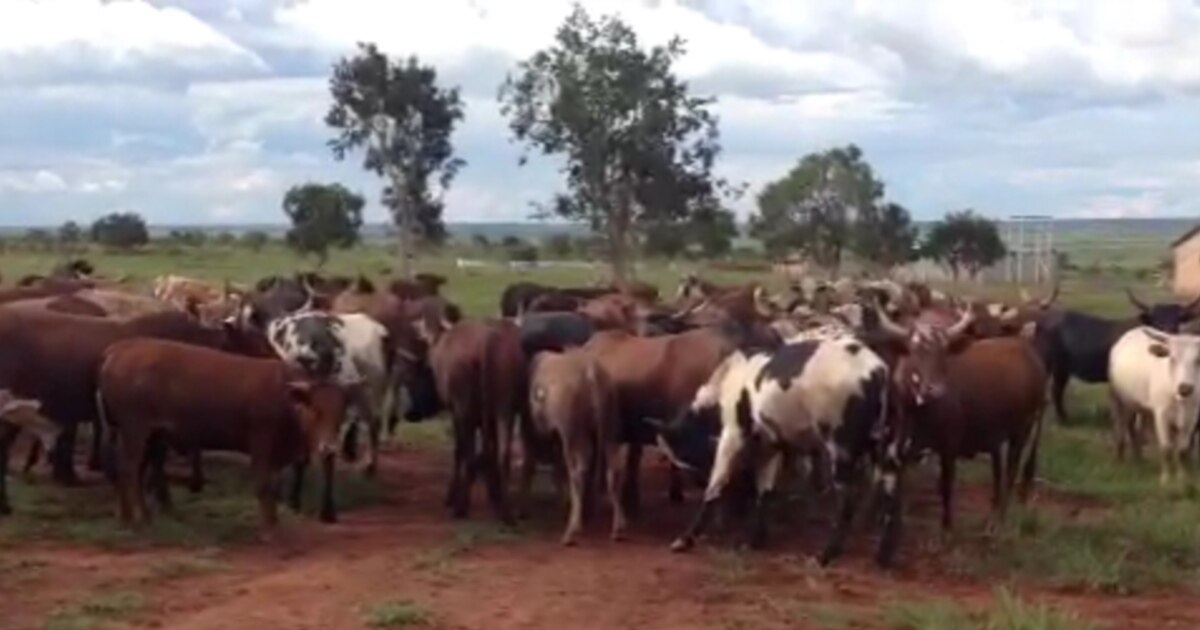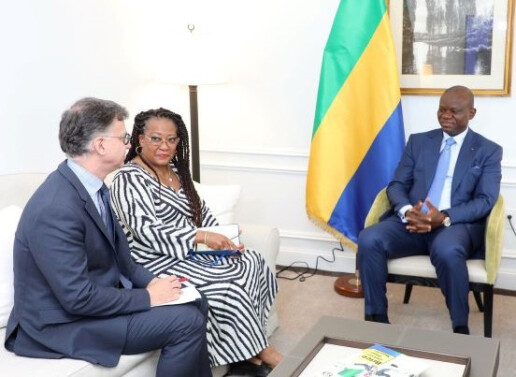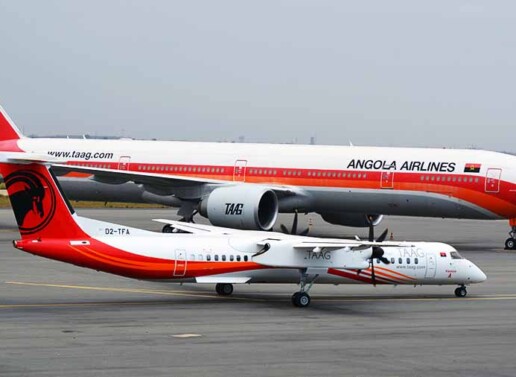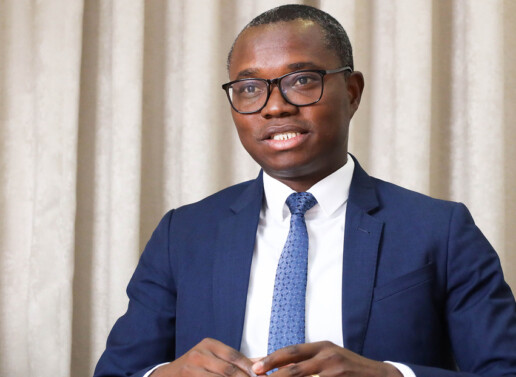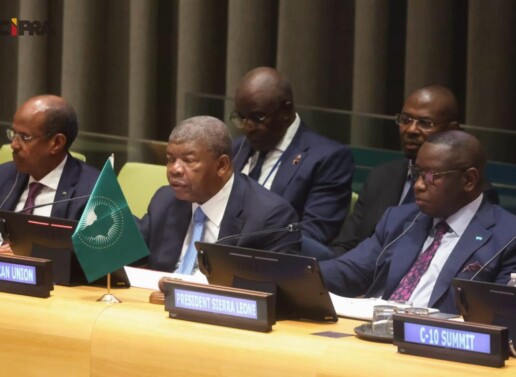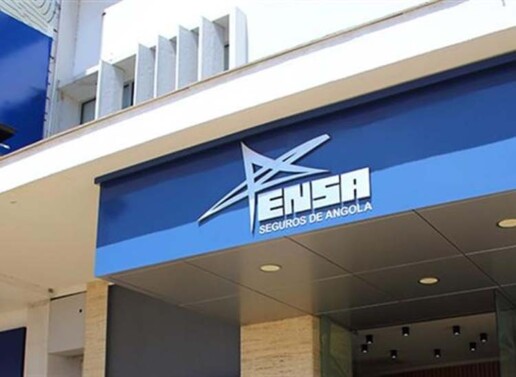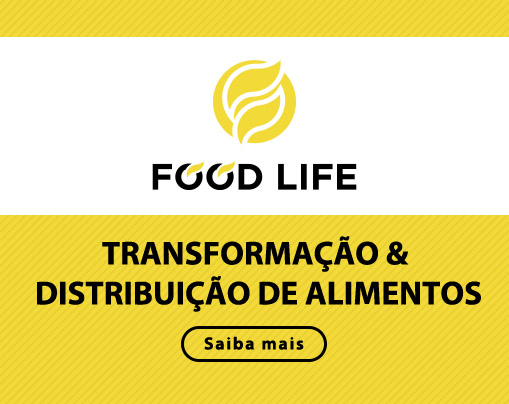The president of the Cooperative of Cattle Breeders of Southern Angola, Carlos Damião, denounced that meat importers and related businesses are widely privileged by the State, while local producers face high costs, lack of credit, and absence of structural support.
In an interview with Valor Económico, the leader stated that this inequality “discourages national production” and perpetuates dependence on imports.
According to Damião, national breeders struggle with added difficulties to produce competitively, while importers “have state support, abundant energy, water, and market access facilities.” For the cooperative’s president, “it seems there is more willingness to continue with importation than to support national producers.”
“Importers have a different structure: they have accountants, lawyers, PhDs, and other resources. With them, there are no problems. But we, the producers, don’t have this support and face enormous constraints,” he said.
High costs make importing more advantageous
Damião explained that the high internal production costs put breeders at a clear disadvantage. “If we sell more expensively, it becomes cheaper to import. And so, people buy imported products. There is a huge imbalance against us,” he warned. According to him, this scenario creates a permanent barrier to the growth of the national livestock sector.
Scarce credit and reluctant banks
In addition, access to credit remains limited. The leader accused banks of being unwilling to support livestock. “Banks are always very cautious, full of problems. It is a sector that is not being treated with the dignity it deserves,” he said, adding that the lack of agricultural insurance further blocks financing.
Official programs fail to ease inequality
Although acknowledging government programs such as Planapecuária and Planagrão, Damião believes their implementation falls short of actual needs and that the imbalance between producers and importers remains untouched. “There are many promises, but so far the situation is more or less the same,” he stressed.
External dependence instead of production incentives
For the cooperative’s president, current policies end up undermining Angola’s food self-sufficiency. “A country that wants to be competitive internally must call on its real producers, get to know them, and provide them with the proper support. Otherwise, we will continue to import meat and weaken our national breeders,” he concluded.
24/09/2025
